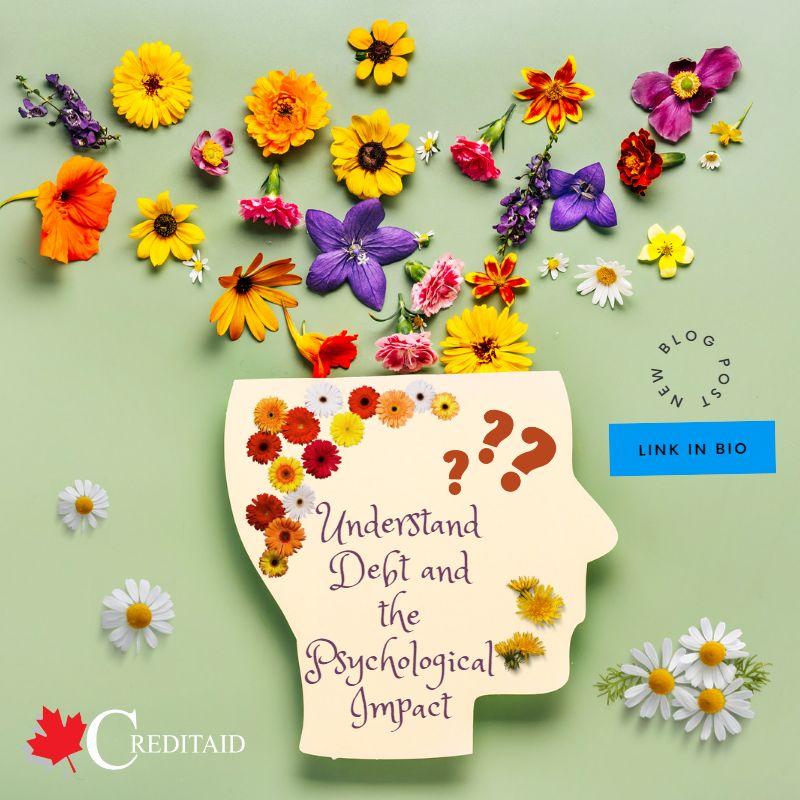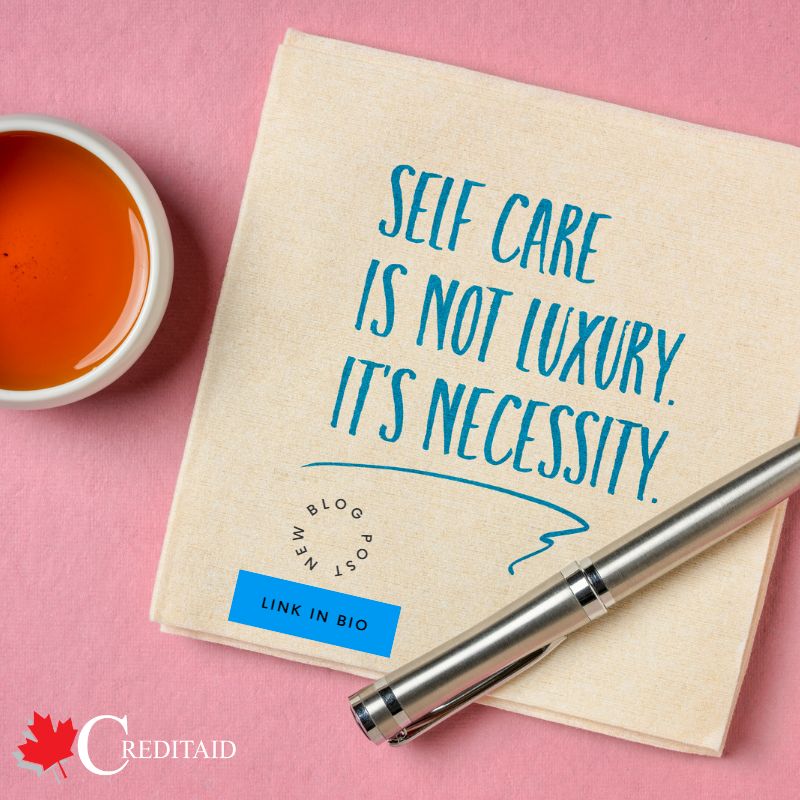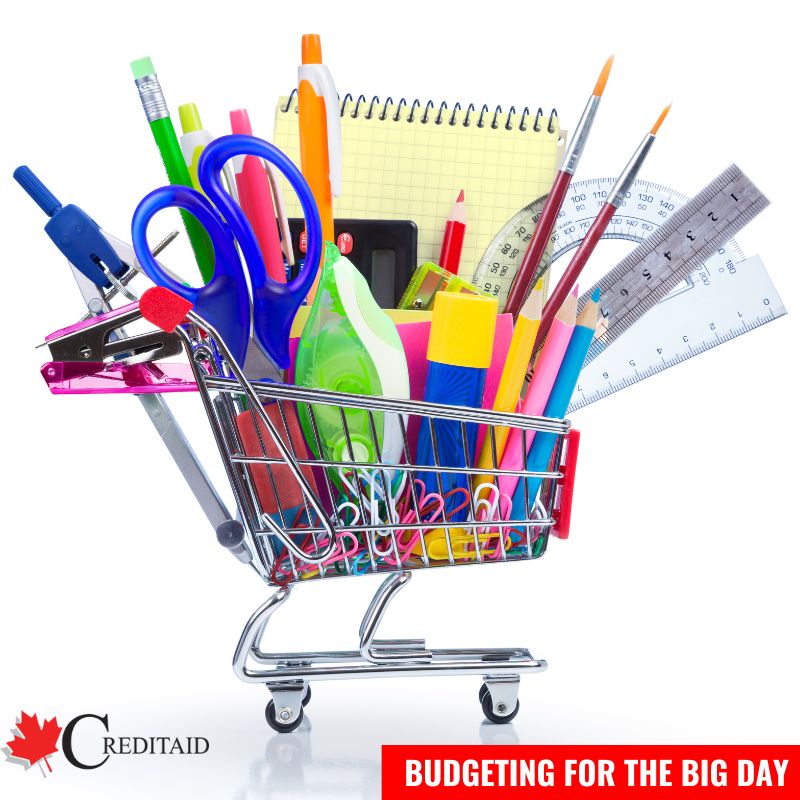As the calendar turns and we usher in a new year, it’s a perfect time to reflect on the past and set our sights on a brighter financial future. New Year’s resolutions often revolve around personal growth, health, and happiness, but what about your financial well-being? This year, why not commit to improving your financial health with Creditaid, your trusted partner in debt consolidation and financial recovery.
Resolution #1: Tackle Debt Head-On
If you’ve been carrying the weight of multiple debts, it’s time to take charge and make a resolution to tackle your debt head-on. Creditaid specializes in debt consolidation, a powerful financial strategy that can help you simplify your finances and reduce the burden of high-interest debts.
Our debt consolidation services at Creditaid allow you to combine your various debts into a single, manageable monthly payment with a lower interest rate. This not only eases the stress of managing multiple creditors but also accelerates your journey towards debt freedom.
Resolution #2: Create a Realistic Budget
A new year offers a fresh start to evaluate your financial habits and create a realistic budget that aligns with your goals. Creditaid can help you craft a personalized budgeting plan that takes into account your income, expenses, and financial objectives.
Our experts will work with you to identify areas where you can cut unnecessary spending and allocate more resources towards debt repayment or savings. With a well-structured budget, you can regain control of your finances and make steady progress toward your financial goals.
Resolution #3: Build an Emergency Fund
Financial emergencies can strike at any time, and having a safety net in place is crucial for your peace of mind. This year, make it a resolution to build an emergency fund with the guidance of Creditaid.
We will help you set achievable savings goals and create a plan to gradually build your emergency fund over time. Having this financial cushion will not only protect you from unexpected expenses but also provide a sense of security and stability in your financial life.
Resolution #4: Invest in Financial Education
Knowledge is power, especially when it comes to managing your finances. At Creditaid, we believe in empowering our clients with financial education and literacy resources to make informed decisions.
Consider making a resolution to invest in your financial education this year. Creditaid offers support that covers various financial topics, from budgeting and debt management to credit repair and long-term financial planning. By equipping yourself with knowledge, you will be better prepared to navigate the complexities of personal finance.
Resolution #5: Seek Professional Guidance
Sometimes, the path to financial recovery can feel overwhelming, and that’s where Creditaid’s expertise comes into play. Making a resolution to seek professional guidance from Creditaid can be a game-changer for your financial future.
The Creditaid team understands the unique challenges faced by individuals, and we tailor our solutions to meet your specific needs. Whether you’re looking to consolidate debt, repair your credit, or create a sustainable budget plan, Creditaid is here to provide the support and guidance you need.
In conclusion, the new year presents a golden opportunity to take charge of your financial well-being. With Creditaid by your side, you can turn your financial resolutions into tangible results. Make 2024 the year you embark on a journey towards financial freedom and security.
Contact Creditaid today to get started on your path to a brighter financial future.











